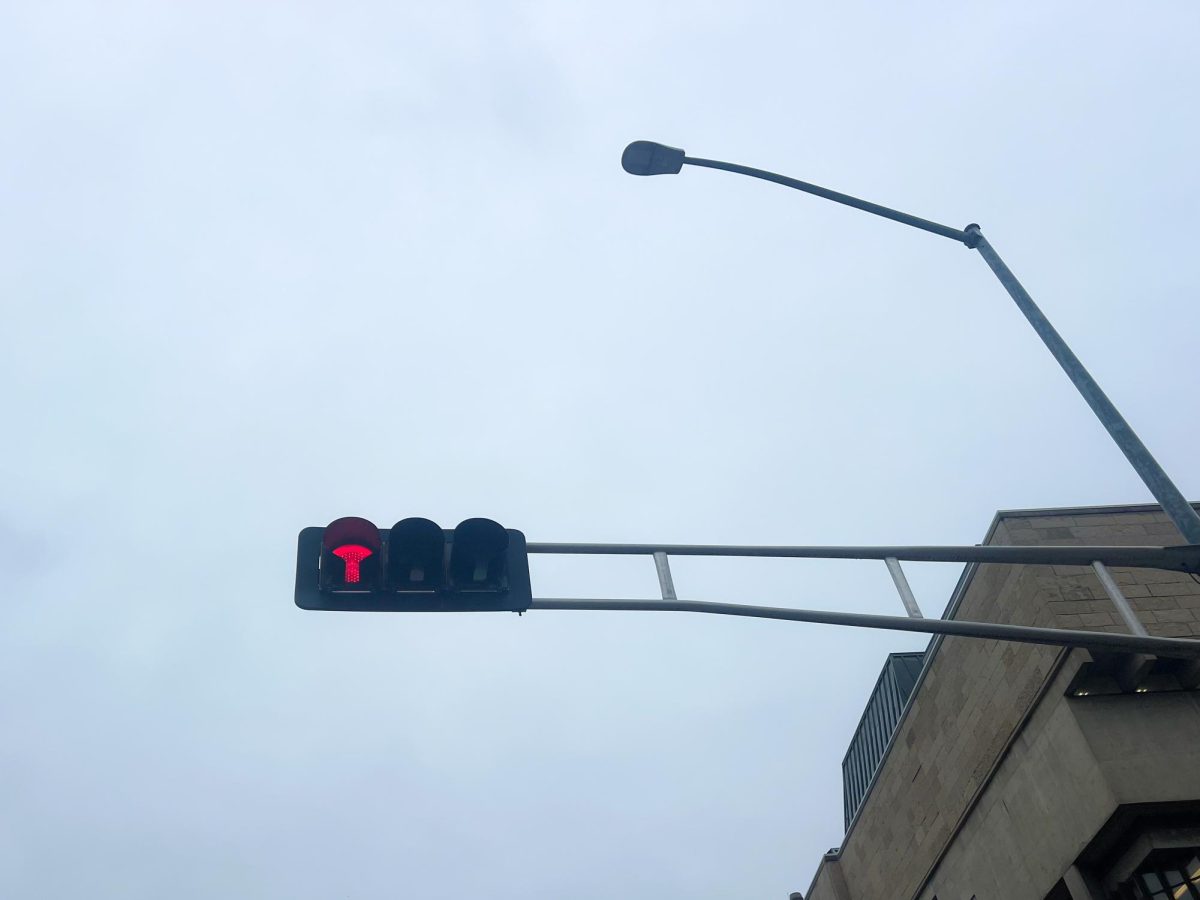In a political landscape dominated by strong characters, Ald. Mike Verveer, District 4, has become one of the reigning personalities adding color to Madison’s City Council.
The alder, who served as council president from 2003-2004 and 2007-2008, has been the face of one of the city’s student-heavy districts for more than a decade and has yet to face serious opposition at the polls.
The following is an edited version of a sit-down interview between Verveer and The Badger Herald. Verveer reflects on running a district in flux, the issues that matter to students and the Mifflin that could have ended it all.
The Badger Herald: How has the political scene in the city of Madison evolved during your tenure on City Council?
Mike Veveer: I’ve served for 16 years and was first elected in 1995. I started when then-Mayor [Paul] Soglin was in office, so I like to say it feels a bit like d?j? vu with Soglin all over again. It’s interesting and kind of fun that I remember many of his personality traits of the 1990s, which have all come back to the office this year.
I’m now the second most senior member of the City Council, so I’ve witnessed that a lot has stayed the same, but a lot has changed as well. I’ve enjoyed watching the downtown area grow and develop with major investments of hundreds of millions of dollars made during my tenure. Everything from big public investments like the Kohl Center, the Overture Center and the Monona Terrace were projects I worked on during my tenure. There was also no student high-rise housing when I was first elected.
BH: Has the composition of your district, by demographics or other markers, changed during the course of your service?
MV: It’s been really fascinating. The way it’s gone, I’ve gotten older as the district has gotten older. Downtown living has become more attractive to people, and downtown Madison has enjoyed a kind of renaissance in recent years.
My district also used to be predominantly students with fewer long-term downtown residents. As a result, I tend to hear from non-students the most.
BH: Has the shifting composition of your district changed the way you address constituent relations?
MV: I have tried to never turn my back on students during my time on council. While I served on City Council as a student, I like to think I can bring a student’s perspective whether I’m enrolled or not.
I also host a neighborhood meeting every year for Mifflin residents, which had a higher turn out than any other meeting this past year. It’s for an immediate interest for students in the district.
BH: Do you think the major concerns to students when you were first elected were more tied to a particular time and place or have these issues remained fairly constant?
MV: These kinds of concerns have remained fairly constant. They most often fall into two categories. First are alcohol issues and running into trouble with the law, particularly with house parties and similar issues. Students also raise landlord-tenant concerns such as building inspections. Finally, students are concerned with the lack of affordable parking downtown – though most of these issues apply to non-students as well.
BH: In what ways has the overall political climate of the city shifted during your time as a politician?
MV: Compared to the historic times of the late ’60s and ’70s, Madison seems to be more moderate than then. The recent protests and political activism surrounding events at the Capitol have certainly encouraged more and more activism locally and statewide. Many have charged that students are becoming increasingly apolitical. I haven’t seen a huge change over the years because the average student doesn’t really have an interest in local government – which I don’t blame them for – unless an issue directly affects them.
BH: Running unopposed for the majority of your term seems to be a fairly atypical experience for a politician. To what do you credit a lack of challengers?
MV: It’s been gratifying that hopefully people think I’m doing a decent job. I have been fortunate to run unopposed for the past 10 years. I haven’t really had to campaign for myself but have on the behalf of other candidates and pride myself on staying in touch with my constituents. I’m certainly ready and willing should a challenger choose to run.
BH: What have been the most trying times, either personally or professionally, during your time as an alder?
MV: There have been several instances that were particularly emotional for me. In 1996, there was rioting at the Mifflin Street Block Party. It was during my first term in office and only the second Block Party of my tenure. The situation developed into students throwing debris at police and firefights and setting a car on fire. I blamed myself for the awful inhumanity. I took it personally, getting teary-eyed and emotional in interviews with the media. I was raised a Roman Catholic, so we joke about Catholic guilt, but I really beat myself up over it.
Some of the horrible tragedies that have occurred were also trying. There was a student death in a fire on North Bedford Street in 2007. I met with Pete Talen’s family and went to UW hospital but wondered: What do you say to these parents who just lost their son?












